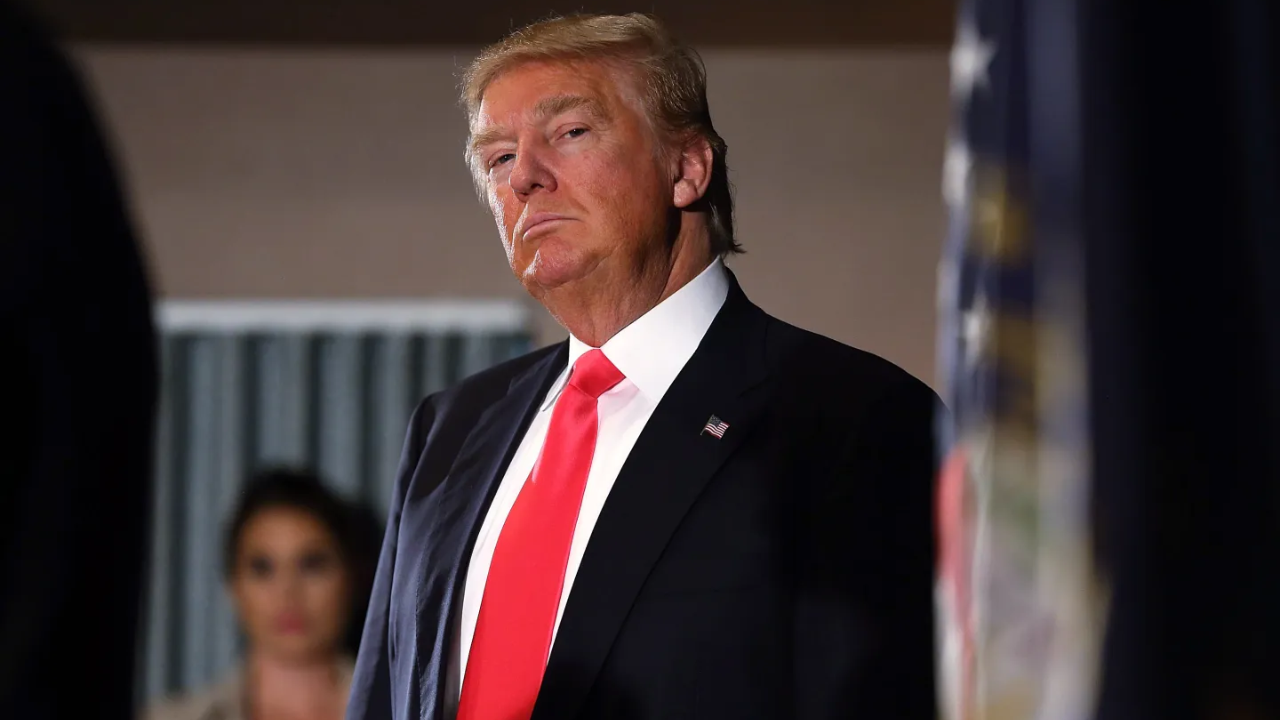Former President Donald Trump has made a bold promise that is grabbing the attention of millions of Americans. If re-elected in 2024, he plans to push for a major tax reform: no federal income tax for anyone earning less than $150,000 a year.
This proposal, while not new to conservative platforms, has sparked fresh debate across the country as it directly affects the take-home pay of a large portion of middle-class and working-class citizens.
In his speech, Trump described the current tax system as “unfair” and “broken.” He said that hard-working Americans are being crushed by taxes while the elite and large corporations find loopholes to avoid paying their fair share.
He positioned his plan as a step toward helping the average American keep more of what they earn and reduce government overreach in personal finances. According to Trump, this would give relief to nearly 100 million Americans and put more money directly into the economy.
The proposal is part of Trump’s broader 2024 campaign pitch, where he is trying to contrast his economic plans with those of President Joe Biden.
Trump’s supporters believe this plan could spark a strong economic recovery by giving consumers more money to spend, boosting businesses, and encouraging entrepreneurship.
Many small business owners and middle-income workers have welcomed the idea, saying it would help them manage inflation and high living costs.
However, critics are raising some serious concerns. Economists and budget experts say eliminating federal income taxes for such a large group could lead to a massive hole in government revenue. That revenue funds essential services like national defense, infrastructure, healthcare, and Social Security.
Without clear details on how the government would make up for this lost income, critics say the proposal sounds unrealistic. They argue that either the government would need to increase other taxes, cut essential services, or borrow more money, each option coming with its own consequences.
Democrats have slammed the proposal as irresponsible and dangerous. They argue that it sounds good in headlines but lacks substance.
According to them, Trump’s plan could increase the national debt or force budget cuts that would hurt low-income families, seniors, and veterans the most.
Some experts also warn that such a tax break could disproportionately benefit high earners who fall just under the $150,000 threshold while leaving behind those in more vulnerable economic brackets.

Supporters of the plan argue that tax cuts under Trump’s previous administration had positive effects. They say the 2017 Tax Cuts and Jobs Act helped increase jobs, raise wages, and improve economic growth.
They believe this new proposal builds on that legacy and would lead to a stronger, fairer system. In their view, putting money back into people’s pockets during tough economic times is more helpful than expanding government programs.
It’s worth noting that the proposal would still need approval from Congress, which is currently divided. Passing such a dramatic change would require not only a strong Republican majority but also convincing moderate lawmakers and the public that the long-term benefits outweigh the risks.
Many political analysts think the proposal is more of a campaign promise than a practical policy, but others believe it could shape future debates about the American tax system.
There’s also the question of how this tax change would interact with state and local taxes. Even if federal income tax is removed for those earning under $150,000, state taxes would still apply in most places. This means the overall savings may not be as large as some expect.
Also, the details of how “income” is calculated under the plan—gross vs. net income, inclusion of capital gains, and other technical definitions—remain unclear.
For now, the plan has energized Trump’s base, given them a new slogan to rally behind, and intensified the tax debate in the lead-up to the 2024 election.
Whether it turns into actual policy or not, it has made one thing clear: tax reform will be a central issue in this election.
As both parties pitch their visions for America’s future, the fight over who should pay how much to the government is heating up once again.
This kind of proposal, if ever passed, could redefine how Americans think about taxes. It promises freedom from federal income tax for a majority but comes with big questions on financial feasibility. Supporters say it empowers the middle class, while critics say it could destabilize the economy.
The months ahead will determine whether this tax plan gains more support or fades away as another election promise.
Disclaimer- Our team has thoroughly fact-checked this article to ensure its accuracy and maintain its credibility. We are committed to providing honest and reliable content for our readers.






